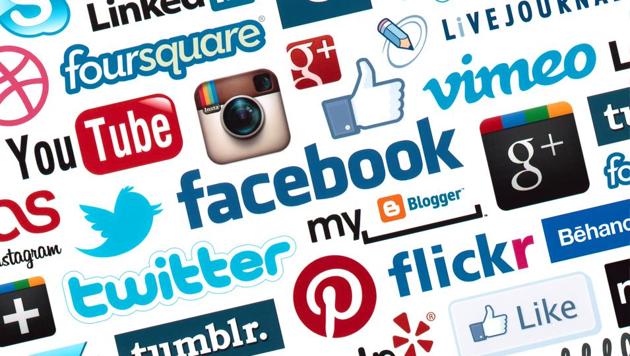Technology companies are taking Indian users for a ride
The world needs a new social contract — a compact that holds the digital sector accountable to the public
In recent months, a series of shocking and hateful incidents in India have taken hold of both the public sentiment and political discourse at the national level. Fresh in our memories are the terrorist acts in Kashmir only a few weeks ago.

But perhaps most insidious and infuriating about the Kashmir attacks and events such as lynchings in the recent past, however, is the complicity of the American technology industry in enabling and spreading the political untruths and hatred. After the Kashmir attack, for instance, numerous threads pushed disinformation of all kinds — including implications that the terrorist who carried out the attacks had been in combat uniform, that the general secretary of the Congress party had laughed about the attacks, and even that Congress leader Rahul Gandhi was personally connected to the extremists who had executed the attacks.
There is one and only one reason for this explosion of such information: an unerring lack of commitment on the part of the digital platforms that host it to do anything about the spread of disinformation.
The commercial regime that governs the operation of the consumer internet platforms — including Facebook’s News Feed, Messenger, WhatsApp, and Instagram, as well as Google’s Gmail, Maps, YouTube, and Search services — is in fact quite simple. First, these firms maximise the user engagement with their collective services by scaling their platforms as quickly as possible and pushing engaging content at the consumer to the extent that these platforms become addictive. Second, they collect users’ data on an uninhibited basis to create behavioural profiles of every user. And third, they develop sophisticated algorithms to curate the content we see on our screens, and target digital advertisements at us. And this business model constitutes a vicious feedback loop commercially designed to maximise the advertising dollars that go into the coffers of Silicon Valley internet firms.
But because of their strategic gearing toward profit maximisation — because their business model itself is managed by machines trained on this one payoff at the expense of any others — the public’s interest is consistently ignored, being regarded as nothing more than a pesky afterthought by that machine. This puts the commercial interests of Facebook and the democratic interests of the Indian people in horrible contradiction to one another. If this is to change, then the Indian regulatory community and legislative apparatus must act as quickly as it can.
Industry’s response — for example, Facebook’s pivot to privacy or WhatsApp’s limit on forwarding messages — to these realities is not something that the platforms should boast about. These strategic postures in fact constituted the very least that the company’s leadership could do in the face of widespread disinformation campaigns.
What should the remedy, then, be? I would argue that what consumers need is an earnest redefinition of the industry’s regulatory standards. India’s economic progress, national security, and democratic integrity — and those of western democracies, too — have been placed at great risk by these platforms. What we now require is a reorientation of the profit motives for this industry, a reorientation that truly places the interests of the Indian citizen and the country’s democratic progress above the interests of a largely unregulated industry.
It is time for government to step in and cease the industry’s breaches against the consumer’s interest. To push back against the three-pronged business model of these platforms, India needs a triumvirate of responsive economic regulations focused on promoting market competition, extending privacy rights to the individual, and forcing the industry to be more transparent about its practices — including the ways that its content curation and ad targeting algorithms work. Such economic regulations — in combination with the robust approach to content moderation already stipulated by the government — can begin to redistribute power from the digital platform companies back to the citizen. We need a new “social contract”; a compact that holds the digital sector accountable to the public.
Regulatory officials and politicians should not fear the overextension of their authorities. Some in the American media have pushed back on the Indian government for forcing progressive regulations on the internet companies that dominate India’s media and information ecosystem. I find this alarming; for a legitimate American news outlet, to presume knowledge and expertise in regard to the Indian interest — let alone to be incorrect in its conclusions — is both shocking and misplaced. These kinds of reservations should be disregarded by authorities as they look to design a future media universe that can truly benefit the citizen. If the Indian government does not act on behalf of its constituency, no one else will — and certainly not the industry by itself.
India has long been seen by the internet industry as a consumer base that should be regarded as more of an afterthought than as a constituency that deserves the same level of protection as those of other, more developed economies with established and stable political landscapes. That is a situation that should sadden us all deeply — and one that must trigger the government to act, should the leading internet companies wish to continue to serve the Indian consumer.
Dipayan Ghosh, PhD, is Shorenstein Fellow at the Harvard Kennedy School. He has served as privacy & public policy advisor at Facebook, and as technology & economic policy advisor in the Obama White House. He is on Twitter @ghoshd7
The views expressed are personal






